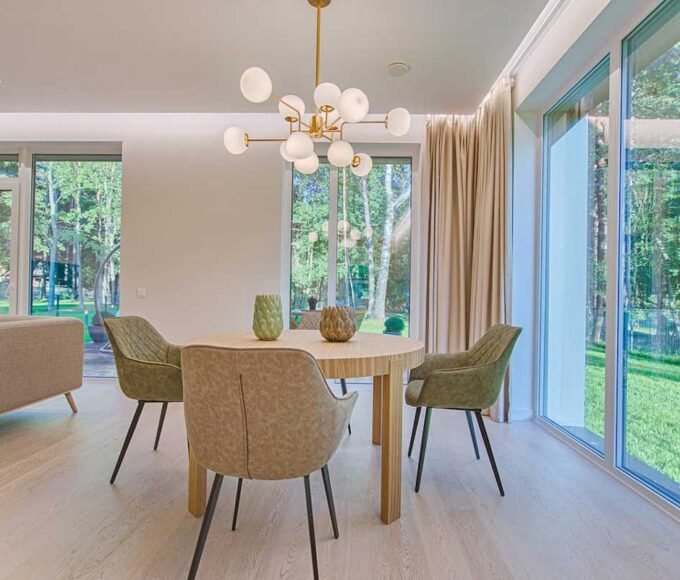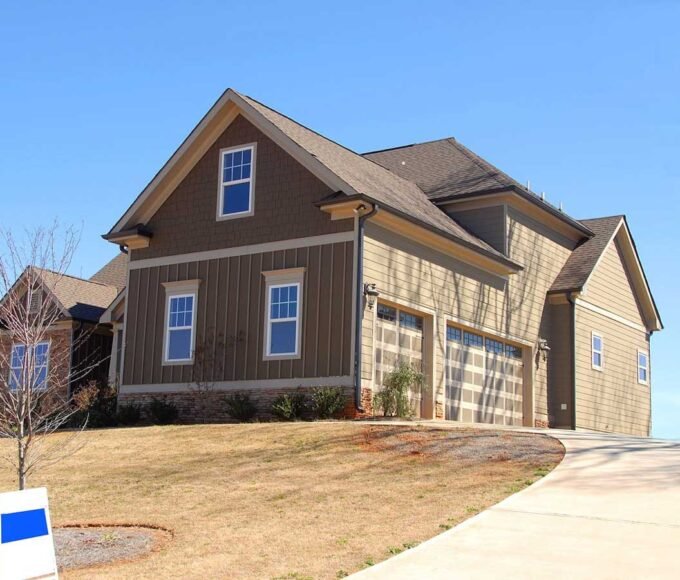The Importance of Plumbing Compliance and Safety in Residential and Commercial Spaces
Plumbing is a crucial element in every building’s foundation, responsible for water distribution and waste disposal in a secure and efficient manner. Behind the scenes, there’s a collection of rules called the plumbing code that dictates how these systems should be designed, installed, and maintained. This piece seeks to illustrate the significance of understanding the plumbing code and its part in upholding safety and compliance for both residential and commercial properties.
The Purpose of Plumbing Codes
Established by local, state, or national authorities, plumbing codes are a compilation of guidelines and standards to regulate plumbing installations. Their main objective is to preserve public health, safety, and welfare by outlining minimum requirements for planning, implementing, and maintaining plumbing systems. These codes touch on various areas such as pipe materials, fixture placements, drainage systems, venting, and more.
Ensuring Health and Safety
Protection of public health is a key motive behind the existence of plumbing codes. Appropriate design and installation of plumbing systems enables the prevention of drinking water contamination, halts the spread of waterborne diseases, and limits exposure to hazardous materials. Codes govern the choice of materials used in plumbing to make sure they adhere to safety guidelines and don’t pose threats to human health.
Preventing Property Damage
Plumbing failures can lead to significant property damage. Whether it’s a burst pipe, a leaking fixture, or improper drainage, the consequences can be costly and disruptive. Plumbing codes establish guidelines to prevent these issues, ensuring that plumbing systems are designed to withstand the demands placed on them and that proper measures are in place to minimize the risk of damage.
Legal Compliance and Liability
Adhering to plumbing codes is not just about safety; it’s also a legal requirement. Builders, contractors, and property owners are obligated to comply with local building codes, and non-compliance can result in legal consequences. Beyond legal ramifications, failure to meet code standards can also lead to liability issues in the event of accidents, injuries, or property damage.
Residential Plumbing Code Considerations
In residential settings, plumbing codes cover a broad spectrum of elements. This includes the size and placement of pipes, the installation of fixtures like toilets and sinks, and the configuration of drainage and venting systems. Codes also dictate accessibility standards, ensuring that plumbing fixtures are usable by people with disabilities.
For example, the distance between a toilet and adjacent walls, the height of sink countertops, and the placement of grab bars in bathrooms are all regulated by plumbing codes. Understanding and implementing these standards is crucial for contractors and homeowners alike to ensure that residential plumbing systems meet safety and functionality requirements.
Commercial Plumbing Code Considerations
Commercial plumbing codes are more complex due to the larger scale and diverse uses of commercial properties. In addition to addressing issues similar to those in residential codes, commercial plumbing codes often include provisions for specialized systems such as those found in restaurants, healthcare facilities, or industrial spaces.
For instance, a restaurant’s plumbing system must accommodate the demands of a commercial kitchen, including grease traps and proper drainage for large volumes of wastewater. Healthcare facilities may have specific requirements to prevent the spread of infections, and industrial spaces might need a specialized plumber for the manufacturing processes. Compliance with these codes is essential to ensure the safe and efficient operation of commercial buildings.
Changes and Updates to Plumbing Codes
Plumbing codes are not static; they evolve to address new technologies, materials, and safety concerns. Staying informed about code updates is crucial for professionals in the plumbing industry. It’s common for local authorities to adopt the latest versions of national plumbing codes, and failure to comply with the most recent standards can result in construction delays and additional costs.
The Role of Professionals in Ensuring Code Compliance
Given the complexity and importance of plumbing codes, it’s advisable to enlist the services of qualified professionals. Licensed plumbers, engineers, and contractors possess the knowledge and expertise to navigate the intricacies of plumbing codes. Their involvement in the design, installation, and maintenance of plumbing systems helps ensure that all work meets the necessary standards.
Conclusion
Grasping the plumbing code isn’t merely a technical detail; it’s a crucial part of designing safe, functional, and legally approved plumbing systems. Whether in homes or businesses, following plumbing codes is essential for safeguarding public health, avoiding property damage, and staying within legal boundaries. By appreciating the importance of plumbing codes and working closely with experienced professionals, individuals and companies can help develop plumbing systems that last for years while keeping safety and well-being top of mind.
















